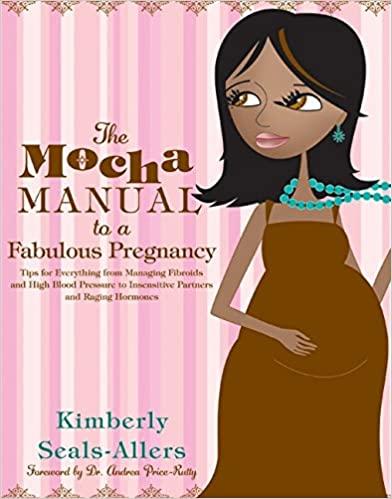My Comments on Religion and Vaginal Pain
Happy Sunday! Today I’ve been thinking about how religion plays a role in women’s sexuality, particularly among religiously conservative black women.
I’ve been wondering the last few years if I know more people with vaginal pain than the general population. Growing up in a religiously conservative household, then attending Christian high school and colleges (undergrad and then a Catholic medical school), I know that celibacy before marriage is one of the utmost virtues for Christian single women. I saw this type of modesty not only in Christian circles, but also among Islamic women while in residency in Northern California.
During my NorCal residency in OB/Gyn, we were fortunate to spend some time observing a sex therapist. The NorCal Bay Area has a large South Asian demographic, especially where I was in Silicon Valley. A story from some of her conservative Islamic patients seemed familiar to a few of my close black, female friends: vaginal pain so intense that they could never use a tampon, and now that they were expected to become sexually active or to have children, the vaginal pain was so bad that they could not have intercourse. Many patients found this distressing enough to seek counseling from a sex therapist. I sometimes saw patients like this in our infertility clinics, where the vaginal pain was so bad that women were unable to have intercourse and sought alternative methods of fertility. On labor and delivery, patients with this vaginal pain had extreme difficulty with the types of vaginal exams often performed for women in labor.
Medical names for this type of pain have changed over the years. When I was in training, vaginismus was thought to have more of a psychological origin, whereas dyspareunia was thought to be more physical in origin, but both were associated with pain during intercourse. The 5th edition of the Diagnostic and Statistical Manual of Mental Disorders now puts these together in a category called genito-pelvic pain and penetration disorder (I know, rolls right off the tongue, right?).
This type of vaginal pain is complicated — religious beliefs and culture are important factors. Unfortunately, in medicine very little is taught about how these factors contribute to vaginal pain. We’re taught about the physical things like endometriosis, fibroids, or other medical conditions that might relate to this. Even in my sub-specialty training, factors contributing to vaginal pain had big long names but were poorly understood, like myofascial pelvic pain, and overactive or hypertonic pelvic floor.
In my experience as a black woman, I’ve seen a lot of correlates between the Islamic women I saw in residency, and some women I’ve known growing up in the Christian church when it comes to debilitating vaginal pain. I’m no expert on race and culture, like an anthropologist or public health scientist. However, on one hand, I know the religions call for women to be celibate, then suddenly enter a marriage where “wives submit to your husbands” (in bed, and in life). On the other hand, in U.S. culture, young black women are often hyper-sexualized in music, music videos, porn, and other media. “A lady in the streets, but a freak in the sheets” — that’s what the songs say is the ideal woman, right? This can be taken back as far as our unfortunate history of black women enduring sexual violence during slavery, with the belief that we should be used for breeding.
We know from research that most women do not orgasm from penetrative intercourse, which is what is commonly thought of as sex. Sex and orgasm are much more complex, especially for women. Research has also shown that foreplay and masturbation are important components of healthy sexuality, though these are often frowned upon among conservative Christian women (and, it seems, among the Islamic women I’ve encountered as a physician). In fact, one of the early treatments for vaginismus is gradual vaginal dilation — how can a woman feel comfortable putting things inside her own vagina if her religion has told her it’s sinful, or her culture dictates she’s “fast” if she’s touching her own body and enjoying it?
It’s my opinion that the connection between vaginal pain and culture and religion is under-appreciated in medicine. At the very least, an understanding of these factors could help us physicians in understanding and treating our patients. It’s tough to establish a relationship then elicit this information during our 15 minute clinic visits. At its worst, vaginal pain disorders can be related to a history of sexual violence. We’re taught to discuss sexual abuse with our patients in women’s health, but there’s much more to trauma in sexual health than what we traditionally think of as sexual violence.
I think that a good therapist, especially sex therapist, is key to unpacking this complicated topic. I learned during my training with the sex therapist that ideally, a couple would do this sort of therapy together. However, a woman with severe vaginal pain may be more likely to bring this up with her doctor, if she brings it up at all. It’s on us to be open to these discussions, and to recognize that we can give women hope by acknowledging their story, convey that there are treatments, and refer to the appropriate specialists if necessary. As a specialist I’ve treated vaginal pain, but the most important step is that initial willingness to listen and help my patient know that her story is valid.







